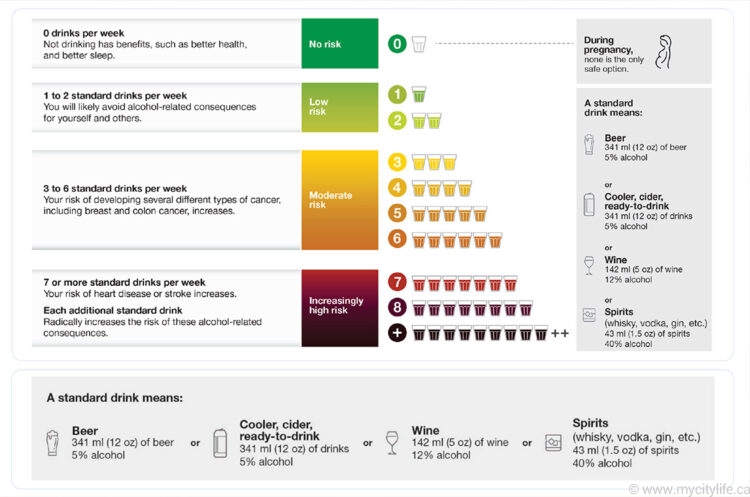It All Starts With Awareness
With over 100 years of collective experience in providing compassionate and comprehensive care, Edgewood Health Network (EHN) Canada continually reminds us of the prevalence of alcohol addiction in Canada.
When we enter the month of April, we all rejoice knowing that it is the time of the year when the brutally cold weather comes to end and it is the beginning of longer and warmer days. The birds chirp and the spring flowers flourish. However, for many healthcare institutions April is Alcohol Awareness Month. According to recent statistics from the Canadian Centre on Substance Abuse, approximately 80% of Canadians consume alcohol, with 15% of those individuals exceeding the recommended guidelines for low-risk drinking.
EHN Canada is the nation’s largest industry-leading mental health and addiction treatment centre network. As the network continues to expand its presence across the country, it stays true to its philosophy, core values and mission. With roughly over 3 million Canadians at risk of developing alcohol- related health problems, EHN Canada dedicates itself to educating Canadians about the prevalence and dangers of alcohol addiction and raising awareness about the resources available for those struggling with this disease.
Now, many of us have heard the slogans and warnings about substance abuse. We have also heard the common deflections such as “Well, everything in excess is bad for you!” The time has come to take the initiative and confront the harsh realities of one of the most pervasive issues in our country. We need to understand that:
- It is indisputable that above the upper limit of the moderate risk zone for alcohol consumption (more than 6 standard drinks per week), the health risks increase more steeply for females than for males. Biological factors, such as enzymes, genes, body weight and size, organ function and metabolism are important for processing alcohol and are affected by sex-related factors. These biological factors increase the impact of alcohol on females, causing higher blood alcohol levels, faster intoxication, more risk for disease, including breast cancer, and more long-term harm, such as liver damage and injury.
- Men are more likely than women to take other risks (e.g., use other substances or drive) that, when combined with alcohol, further increase their likelihood of experiencing and causing alcohol-related harm. Overall, far more injuries, violence and deaths result from men’s alcohol use, especially in the case of per-occasion drinking.
- Cancer is the leading cause of death in Canada. The fact that alcohol is a carcinogen that can cause at least seven types of cancer is often unknown or overlooked. According to the Canadian Cancer Society, drinking less alcohol is among the top 10 behaviours that can reduce cancer risk.
- After cancer, heart disease is the second leading cause of death in Canada. For many years, it was commonly believed and widely accepted that drinking in moderation offered protection against coronary artery disease. However, in the last decade, research has indicated that drinking a small amount of alcohol neither decreases nor increases the risk of ischemic heart disease, it is a risk factor for most other types of cardiovascular disease, including hypertension, heart failure, high blood pressure, atrial fibrillation and hemorrhagic stroke.
* The above statistics are from the Canadian Centre on Substance Abuse and Addiction, Canada’s Guidance on Alcohol and Health: Final Report (January 2023).
This is a pivotal moment for us to change the narrative about how we combat this disease. By working together, not just in April, but all year-round, we can help reduce the dangers associated with alcohol abuse and provide hope and healing to those who struggle every day. We owe it to future generations. EHN Canada’s treatment programs are designed to address the physical, emotional and psychological aspects of alcohol addiction, and are delivered by experienced healthcare professionals dedicated to helping individuals achieve lasting recovery. If you think you need help or know someone in need of help – DO NOT WAIT. Reach out now.
Visit www.ccsa.ca for a comprehensive breakdown of the most recent statistics concerning alcohol abuse in Canada.














































































